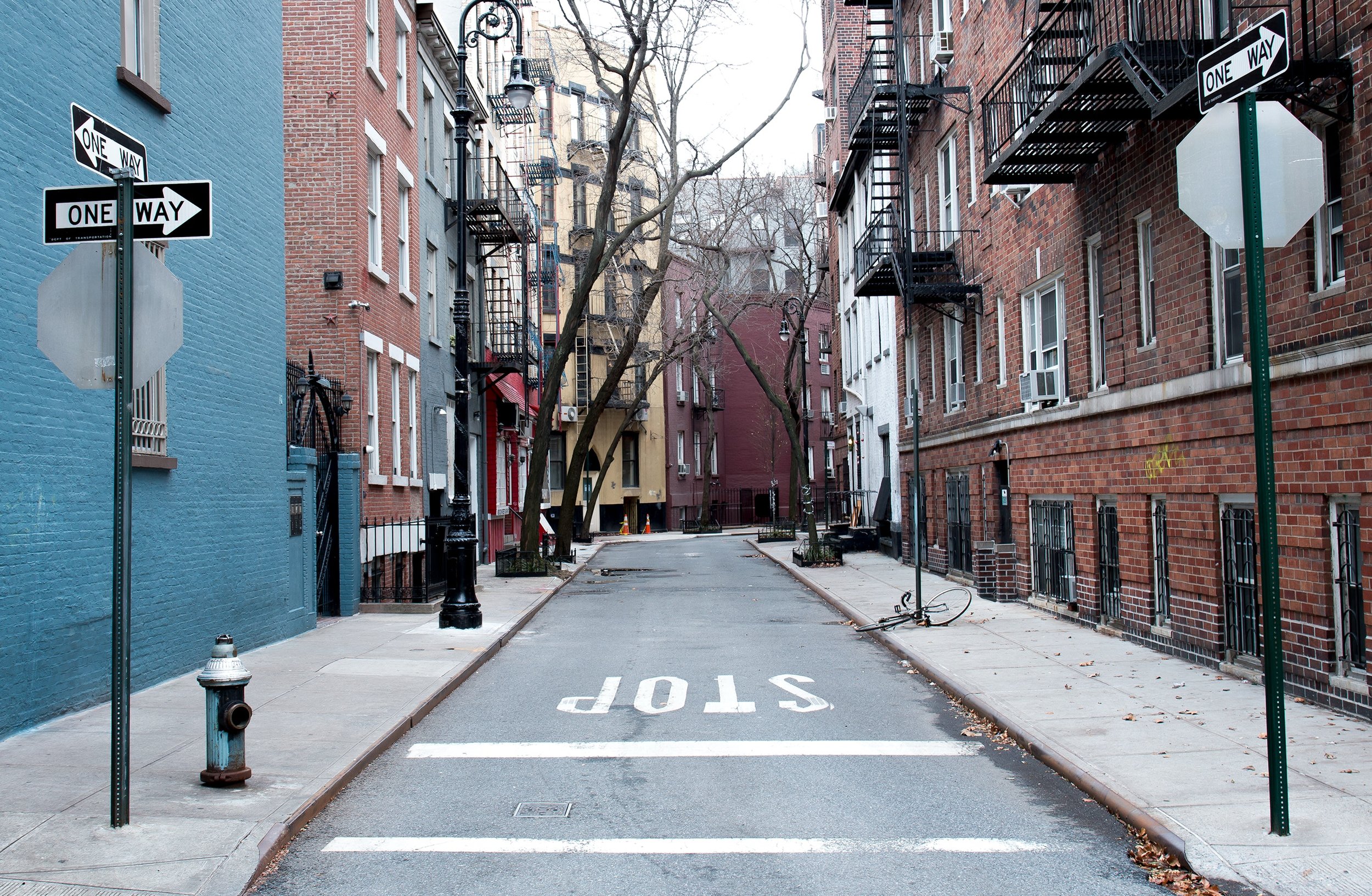The following is an excerpt from Artist Soapbox podcast that I was interviewed for late last year. Some of the takeaways from that podcast are shared below. The full episode can be heard here.
"I'm relatively new to theater, but already in my experience I have seen people (actors, designers, stage managers) shouted at and minimized, usually by the director. Why does this happen? I have seen cases where people ask a question and the director treats them as though they are inconveniencing everyone and slowing things down. How can we stop this behavior? And what can we do when it happens?” - a listener called “Hoping”.
Hans M via Unsplash
You’re right to be concerned, Hoping. The behavior described here is bullying. Bullying usually looks different as adults than it does with kids. But behaviors like punishing, shaming, minimizing, outing, calling attention to in other ways is bullying. Bullying can happen when someone in power believes that their wants and needs trump other people’s wants and needs.
Unfortunately, bullying can only be stopped when someone speaks out against it.
So, if it feels safe to you, you can say something when bullying happens:
“I think questions about our work or the process should be okay to ask. Our goal is to be the best cast/crew we can be right?”
Speaking up is not going to feel safe for everyone though.
Folks who have been economically or historically marginalized in some way (LGBQ+ folks, people of color, differently able bodied folks etc. ) may not feel safe speaking out. But also brand new folks or younger people may not feel that they have “paid their dues” yet and can speak out. So an alternate path could be to talk to a trusted member of a more powerful group and see if you can get them to advocate on their behalf. It can be very effective for me as a white person, for example, to speak up against other white people. Because I’m “like them”, right? All white people see white when they look at me and some are more likely to take what I am saying seriously because I am white.
Folks can do some preventative work early to set a safe tone and ideally avoid any bullying behavior. Here’s one way to do that:
In one of your first gatherings as a collective or group, come up with a list of c agreements as to how you act, say, behavior when you are together. First thing, after introductions, the “leader” of the group says, “so what do people in this space need for the ___ weeks we are together, in order to feel safe, respected and heard?”. There’s likely 6-9 main things that can go on a large post-it. This list is ideally hanging somewhere visible at all times.
This practice builds trust and establishes ground rules for expectations of behavior. So when someone or something goes off the rails, the group can refer back to that list,
“We need to pause for a moment. Let’s remember that when we first met to, we agreed as a group not to allow….name-calling or hurtful language like “retard”.
Unless it’s spoken out against or prevented in some way, bullying will happen...because there’s no real reason for the bully to stop. What they are doing is working for them, they are getting something from it so they will continue to do it.
